In the News
-
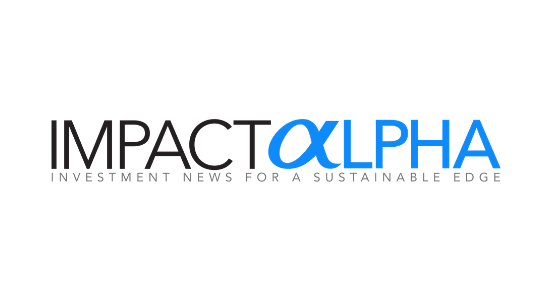 3 December 2020
3 December 2020What we learned about the state of impact accountability from 74 investors
The International Finance Corporation’s Operating Principles for Impact Management take a step to protect against impact-washing by requiring disclosures and verification. Genuine accountability requires more. -
 30 November 2020
30 November 2020Updating investment ‘exclusion lists’ for deeper social and environmental impact
Watchdog groups such as Accountability Counsel amplify community voices around the world to protect human rights and environment. While these organizations serve as advocates for those harmed by internationally financed projects, screening for potential adverse effects at the inception stage can identify issues that may be non-obvious to the project sponsors or financiers. -
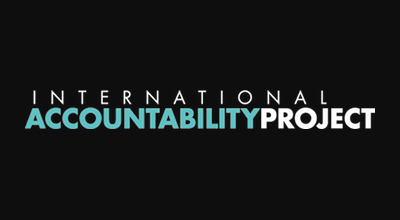 19 November 2020
19 November 2020Plan and Design the Project with Us: Advice from Sri Lanka’s Northern Province Fisherfolk
Earlier this year, the Asian Development Bank withdrew its financial support for the Northern Province Sustainable Fisheries Development Project in Sri Lanka, effectively halting a years-long community-led effort to make funders accountable to community priorities. Anirudha Nagar -
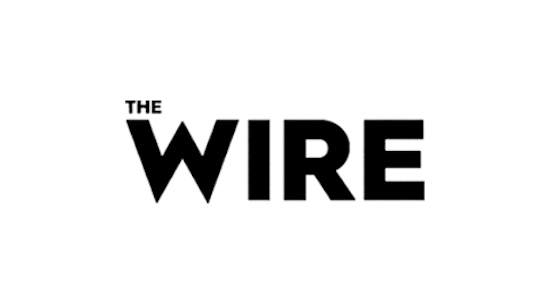 22 October 2020
22 October 2020From Juukan to Jharkhand: Demanding Accountability for Desecration of Indigenous Cultural Heritage
In September, senior executives at mining giant Rio Tinto resigned over the destruction of ancient Aboriginal caves in Juukan Gorge in Western Australia after communities and investors alike voiced concerns that the company was failing to hold them accountable for their actions. This incident has focused attention on the need for accountability… -
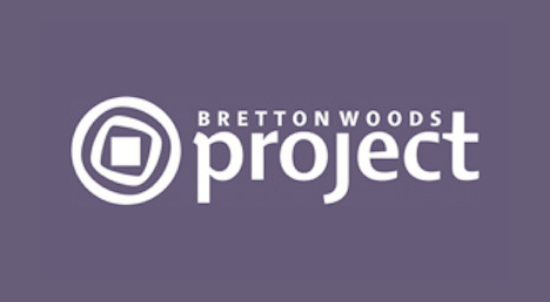 7 October 2020
7 October 2020Changes at the top for IFC and its accountability mechanism
The IFC’s Chief Executive Officer, Philippe Le Houérou, announced that he will be stepping down from his position, effective 1 October. -
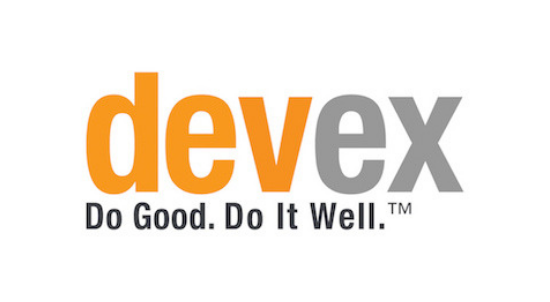 22 September 2020
22 September 2020To reduce climate change learning curve, philanthropists lean on collaboratives
Philanthropists and impact investors who “intend to do good” with their money often have “a blind spot” because they fail to consider “the potential negative consequences in a real way,” said Natalie Bridgeman Fields, founder and executive director of Accountability Counsel. -
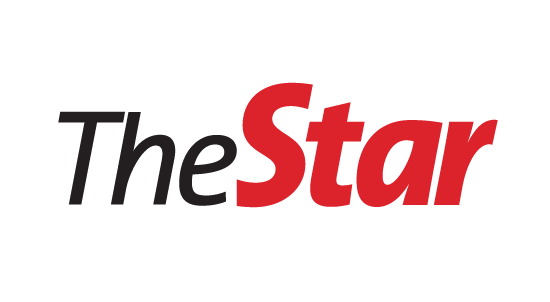 2 September 2020
2 September 2020Myanmar’s indigenous people use ancestral customs to fight for land
Indigenous people in south-eastern Myanmar want to stop poachers, loggers and agribusinesses from laying waste to the globally significant wilderness of Tanintharyi, home to threatened species like tigers and Asian elephants. -
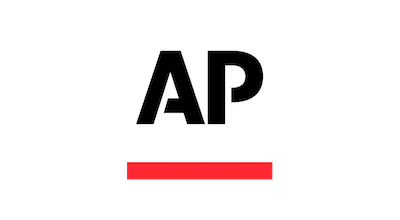 18 August 2020
18 August 2020Indigenous activists clash with UN over proposed park
Indigenous and land rights activists in Myanmar say the “Ridge to Reef” conservation project will disrupt largely agrarian and fishing-based livelihoods among residents of about 225 villages in the proposed park area. -
 5 August 2020
5 August 2020USAID needs an independent accountability office to improve development outcomes
As USAID sets its course for the near future, it should respond to a key congressional directive to strengthen accountability for its development activities. Doing so will help the agency be well-positioned to ensure its projects avoid harm and achieve their intended impact. -
 21 July 2020
21 July 2020Will impact investors welcome the arrival of mechanisms to redress community grievances?
A conservation project in the Tanintharyi region in southeast Myanmar aimed to protect the area from unsustainable palm oil and rubber plantations and overfishing. Indigenous Karen and other communities, however, objected that the top-down project cut them off from their livelihoods, jeopardized ceasefires that had ended a civil war and prevented the… -
 2 July 2020
2 July 2020Come hell or piped water
Indigenous peoples in Jharkhand, India whose sacred spaces and rights have been trampled on by a World Bank-financed water scheme are calling on the bank to take three steps that would demonstrate a meaningful commitment to accountability — and prevent further undermining of public confidence in the bank. -
 26 June 2020
26 June 2020Mongolie: dans le désert de Gobi, des nomades mongols face à un Goliath industriel
In the south of Mongolia, a two-day drive from Ulaanbaatar, a giant mining complex has risen from the sand, disrupting the way of life of local herders. The story could have ended there, but the nomadic herders fought. Persistent and well advised, they negotiated with the mine to reach a historic compensation agreement. -
 15 June 2020
15 June 2020Taking stock of DFC’s early months
The U.S. International Development Finance Corporation has been officially operating for about six months, and while it has met some goals, other early actions have raised questions about how the agency is delivering on its development mandate and living up to its required transparency and accountability standards. -
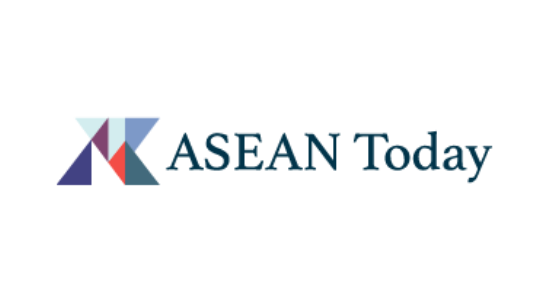 3 June 2020
3 June 2020Southern Myanmar’s indigenous groups say the UN should scrap $21 million conservation plan
Local residents and activists in southern Myanmar say indigenous experts are more effective at conservation than the UN, saying top-down plans for massive nature reserves will cut off locals’ access to food and land. -
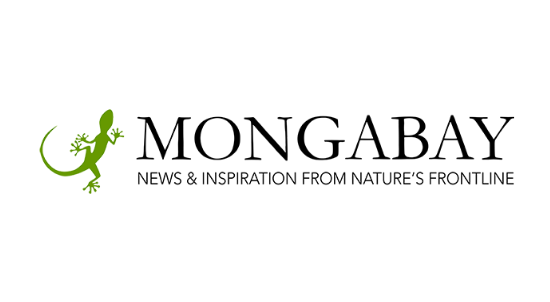 27 May 2020
27 May 2020Campaigners in Myanmar’s Tanintharyi region oppose $21m conservation project
Campaigners in the Tanintharyi region of southern Myanmar have urged international donors to support community conservation efforts, rather than what they see as a top-down approach that excludes indigenous groups. -
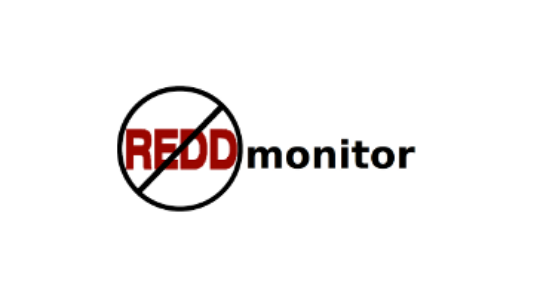 22 May 2020
22 May 2020Tanawthari Landscape of Life: Indigenous communities in Myanmar propose alternative to top-down conservation
The Conservation Alliance Tanawthari has put out a new report, titled “Tanawthari Landscape of Life: A Grassroots Alternative to Top-Down Conservation in Tanintharyi Region”. Here’s a joint press statement from CAT and Accountability Counsel. -
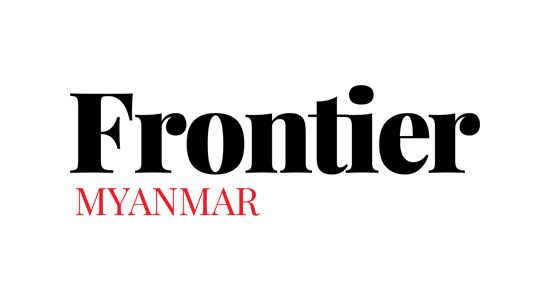 21 May 2020
21 May 2020In Tanintharyi, an indigenous alternative to Big Conservation
In Tanintharyi, an indigenous alternative to Big Conservation. -
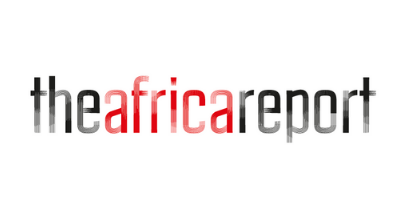 11 May 2020
11 May 2020IFC to freeze investment to for-profit education: small win in a long fight
The International Finance Corporation (IFC) announces a shift in education strategy that acknowledges the voices of the most marginalized. -
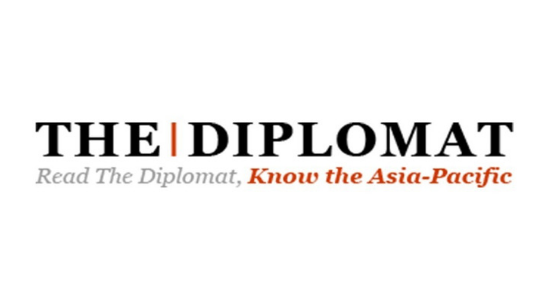 1 May 2020
1 May 2020The Missing Piece of Nepal’s MCC Debate
Addressing the concerns of local communities is key to Nepal’s $500 million question. -
 29 April 2020
29 April 2020No sunshine — DFC limits transparency when it is needed most
Just as the U.S. International Development Finance Corporation, or DFC, gets off the ground with the potential to chart a new era of U.S. overseas development, the institution has taken a worrying step backward. This is a negative signal to those who value transparency and stakeholder engagement — and is of particular concern for communities impacted by DFC projects.

